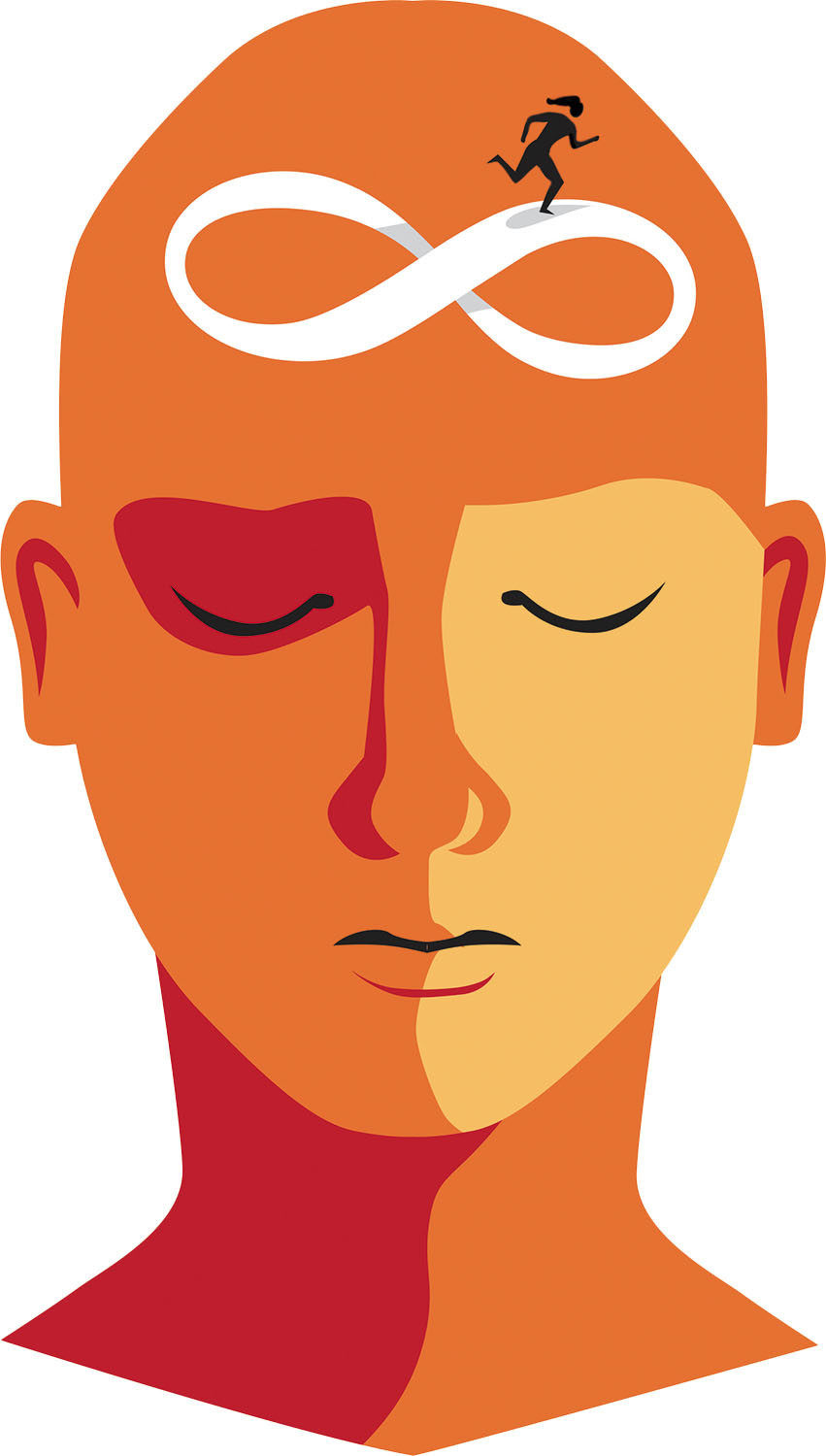
New thinking about plaque in arteries that feed the brain

Want to prevent shifting teeth? Maybe you need retainers

What you need to know about the new dietary guidelines

Food that’s healthier for people and planet can be cheaper, too

New evidence that polyphenol-rich foods help the heart

8 simple ways to reduce ultra-processed foods in your diet

How to curb your stress eating

How to spot Parkinson’s disease symptoms

Heart failure symptoms in women: How they’re different

GERD diet: Foods to avoid to reduce acid reflux
Mind & Mood Archive
Articles
How to recognize the signs of mental health issues
A 2023 study showed that about 50% of people will develop at least one mental disorder by age 75. Older adults are vulnerable to mental disorders because they are exposed to many life-changing and traumatic events like health issues, the death of loved ones, and physical limitations. Among men, the most common disorders were depression, phobias, and alcohol use disorder. Identifying the signs and symptoms of these disorders can help men seek appropriate medical treatment.
Managing intrusive thoughts
Intrusive thoughts are unwanted thoughts or mental images that make people feel uncomfortable. They're common, affecting some six million Americans and can be effectively managed using tools such as cognitive behavioral therapy. They can be associated with mental health disorders such as obsessive-compulsive disorder or post-traumatic stress disorder, but many people who experience them don't meet the criteria for a mental health disorder. The thoughts may be triggered by stress or anxiety.
Too much TV might be bad for your brain
A 2023 study suggests excessive TV-watching, defined as four or more hours a day, is associated with higher risk of developing brain-based disorders such as dementia, depression, and Parkinson's disease.
Not just good for the soul
Forgiveness is defined by replacing ill will toward an offender with goodwill. A 2023 study suggests forgiveness boosts mental health by reducing depression and anxiety levels. Other evidence suggests physical benefits as well. Studies indicate forgiveness also eases stress, improves sleep, and lowers blood pressure and heart rate. Being unable to forgive can raise blood pressure, which can affect overall heart health. Some people are innately better at forgiving, but Harvard experts say all people can learn skills that help them forgive.
Does sleeping with an eye mask improve learning and alertness?
Our internal clocks regulate the sleep-wake cycle, and light establishes when we should feel wakeful or sleepy. Light exposure at night affects these natural processes, so researchers studied whether wearing an eye mask while sleeping might help learning and alertness.
Ketamine for treatment-resistant depression: When and where is it safe?
Ketamine has been used for decades as an anesthetic, and in 2019 an inhaled version of it was approved by the FDA for treatment-resistant depression. But it is generally prescribed only when other treatments have not been effective.
How well do you score on brain health?
Many efforts to improve health are also good for the brain. A study of nearly 400,000 people led researchers to develop a scorecard assessing 12 factors that contribute to the risk of dementia or stroke, making it easy to see where you're doing well and where you might do better.
Harvard study: Hot yoga may help ease depression
A 2023 study found that people with depression who attended at least one "hot" yoga session per week for eight weeks had significantly reduced depression symptoms, compared with people who did not perform hot yoga.
Mood boosters
Everyone goes through periods when they feel low, lethargic, or stressed. These episodes usually pass after a while, but if symptoms linger or begin to interfere with daily life, people should seek professional help. Otherwise, people can take several steps to boost their mood, such as exercising more, spending time outdoors, volunteering, meditating, and keeping a gratitude journal.

New thinking about plaque in arteries that feed the brain

Want to prevent shifting teeth? Maybe you need retainers

What you need to know about the new dietary guidelines

Food that’s healthier for people and planet can be cheaper, too

New evidence that polyphenol-rich foods help the heart

8 simple ways to reduce ultra-processed foods in your diet

How to curb your stress eating

How to spot Parkinson’s disease symptoms

Heart failure symptoms in women: How they’re different

GERD diet: Foods to avoid to reduce acid reflux
Free Healthbeat Signup
Get the latest in health news delivered to your inbox!
Sign Up











